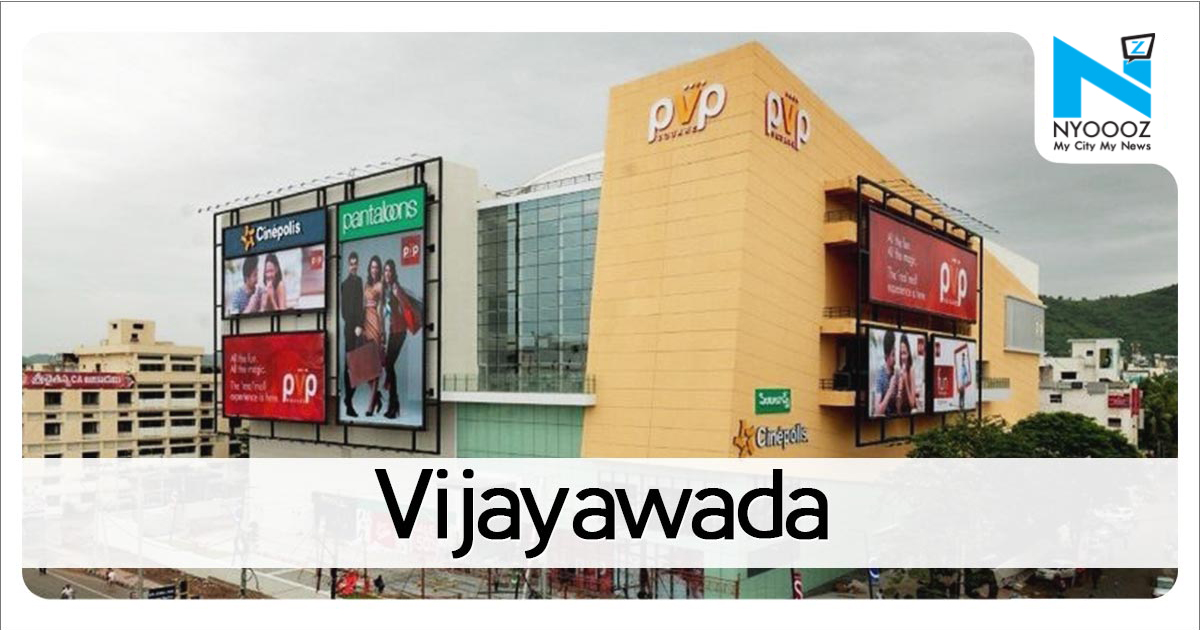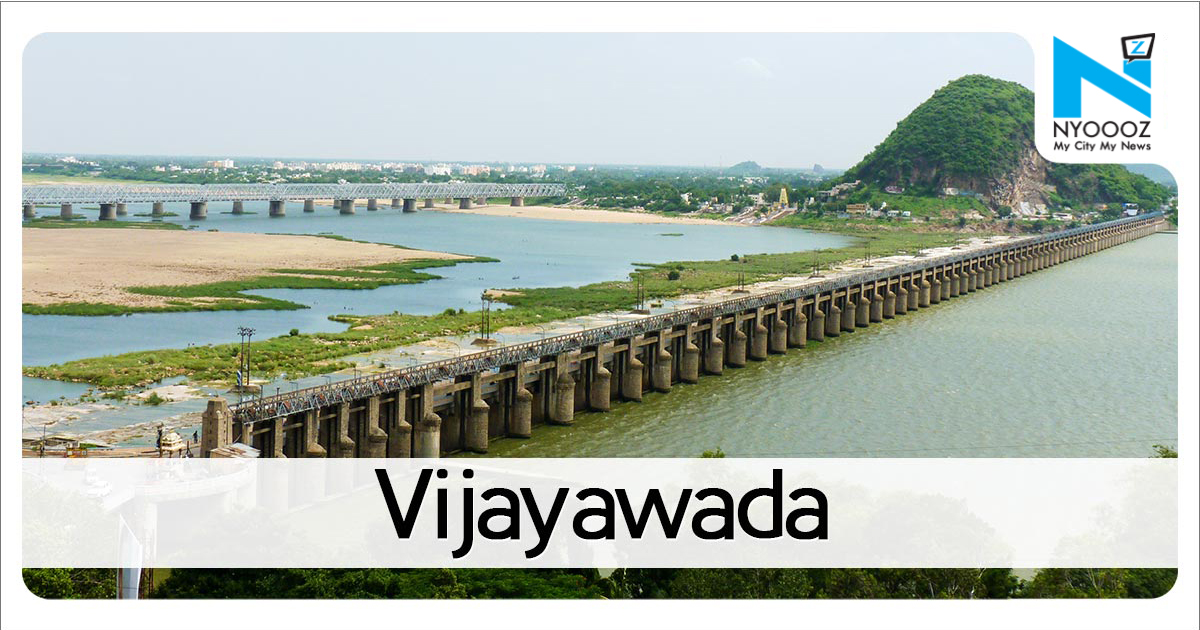- Home >> Vijayawada
SRM University to work on hydrogen-powered passenger trains
- | Monday | 6th November, 2017

The SRM University proposing to develop hydrogen train which uses on boar hydrogen fuel as source of energy to power the traction motorsand/or auxiliaries. The SRM University has chalked out plans to work on hydrogen-powered trains, for which the State government has agreed to “extend its all possible help.” The university is holding talks with Integral Coach Factory (ICF) at Perambur near Chennai. Speaking to The Hindu, SRM University AP Pro Vice Chancellor D. Narayana Rao said that the project would cost Rs. If SRM University succeeds in its endeavours to develop indigenous hydrogen- powered passenger trains, Andhra Pradesh Secretariat will be first location in the country where it will be run to ferry its employees. We will customise the power supply mechanism in currently railway engines to suit the needs of hydrogen powered train,” he said.

If You Like This Story, Support NYOOOZ
Your support to NYOOOZ will help us to continue create and publish news for and from smaller cities, which also need equal voice as much as citizens living in bigger cities have through mainstream media organizations.
Stay updated with all the Latest Vijayawada headlines here. For more exclusive & live news updates from all around India, stay connected with NYOOOZ.




